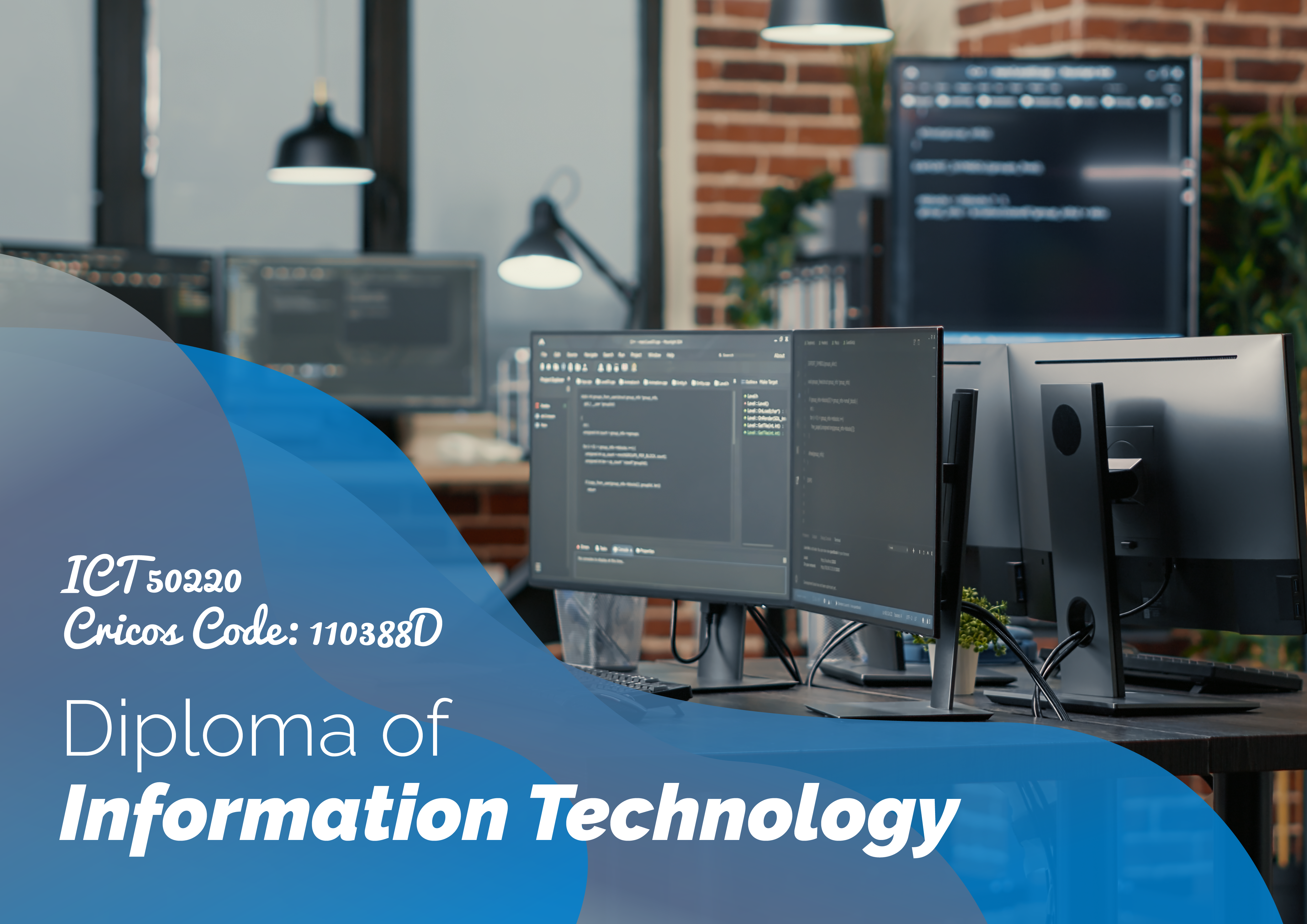Course Overview
Certificate IV in Kitchen Management reflects the role of chefs and cooks who have a supervisory or team-leading role in the kitchen. They operate independently or with limited guidance from others and use discretion to solve non-routine problems.
Diploma of Hospitality Management reflects the role of highly skilled senior operators who use a broad range of hospitality skills combined with managerial skills and sound knowledge of industry to coordinate hospitality operations. They operate independently, have responsibility for others and make a range of operational business decisions.
| Course Name | Certificate IV in Kitchen Management & Diploma of Hospitality Management |
| Nationally Recognised | Yes |
| National Code | SIT40521 & SIT50422 |
| CRICOS Code | 114835J & 114836H |
| Delivery mode | Face-to-face classroom delivery Hands-on practical training in Shafston’s own kitchen. |
| Course Duration | 104 weeks |
| Career Opportunities | Sous Chef Restaurant Manager Banquet Manager Cafe or Restaurant Manager Chef de Cuisine Kitchen Manager |
| Entry Requirements | Minimum 18 years of age, with Year 12 equivalence or equivalent. English levels at minimum IELTS 6 or equivalent. |
| Intake Start | Monday, 19 January 2026 Monday, 13 April 2026 Monday, 6 July 2026 Monday, 28 September 2026 Monday, 18 January 2027 |
| Assessments Methodology | Formative assessment quizzes, summative knowledge assessment (written), practical assessment (scenario based). |
| Awarded by | Shafston International Pty Ltd, CRICOS Provider Code: 03917H, RTO Code: 45694 |
SIT40521 Certificate IV in Kitchen Management
SIT50422 Diploma of Hospitality Management
Students need only complete the five additional units listed from the Diploma of Hospitality Management after completing all units in the Certificate IV in Kitchen Management. The units will be a credit transfer from the completed Certificate IV in Kitchen Management.
In this course package, you will acquire a comprehensive set of skills and knowledge encompassing both cookery and hospitality management. From honing your culinary techniques to mastering the art of customer service, you will develop a deep understanding of the hospitality industry’s intricacies. Through hands-on training and theoretical learning, you will gain proficiency in menu planning, food safety protocols, staff management, and other essential aspects of hospitality management. By the end of the course, you will be well-equipped to thrive in various roles within the culinary and hospitality sectors.
This course will offer diverse career opportunities in the following:
- Sous Chef
- Restaurant Manager
- Banquet Manager
- Cafe or Restaurant Manager
- Chef de Cuisine
- Kitchen Manager
Final Practical Exam consisting of 3 different service styles/A-la-Carte, Set menu, Buffet.
“The process of collecting evidence and making judgements on whether competency has been achieved to confirm that an individual can perform to the standard expected in the workplace, as specified in a training package or a VET accredited course.” https://www.asqa.gov.au/standards-vac/definitions
Your Shafston trainer will formally assess your skills, knowledge and understanding. Assessment is competency based, this means you will be required to show / demonstrate the required competencies for the units of competency you are studying.
In order to ensure that Shafston’s assessment is valid, reliable, flexible and fair, Shafston trainers will conduct assessment as per the assessment conditions for each unit of competency you are studying.
There are many different types of assessment. Multiple and varied assessments are used to ensure that learners are able to demonstrate competency. We will ensure that the assessment is conducted in a manner that is fair, flexible, valid and reliable.
Assessments have the following sections Activities, Questioning, Project, and Observation which span across these different tasks. Some of the assessment tasks are ‘stand-alone’ or they may be a combination of these methods of assessment.
There may be
• Written tasks
Written assessments include case studies, question-answer type tasks, written reports and assignments, including reflective evaluations, self-evaluations, project work, demonstrations and class presentations.
• Examination
This includes written or spoken ‘question-answer’ type tasks in an examination.
• Observation
Your trainer will observe your performance of tasks in real or simulated workplace environments. This includes participation in role-plays, group discussions and demonstrations of practical skills and knowledge. Students on vocational placement will be observed by a qualified professional.
• Vocational Placement
Vocational placement provides the opportunity to observe professionals in your vocation, gain skills specific to your vocation, engage and interact with your community, and most importantly, to apply what you have learnt in the classroom to the ‘real-world’ vocational environment. You will be mentored and supported by an industry professional and have a valuable opportunity to learn in a structured workplace environment. Your trainer as well as the industry professional will both observe your ability to apply the skills, knowledge and attitudes required in workplace situations and environments.
You may already have the skills and knowledge. For more information about Recognition of Prior Learning Student Information, please refer to: https://shafston.edu/forms-policies-and-procedures/
Our tuition fees include a knife set, a practical chef uniform (including jacket, pants, cap, neckerchief, and apron) and safety boots.
Students must wear a formal chef uniform to class. If students forget to bring their uniforms, they may rent them from the academic centre.
|
Stage |
1 |
2 |
3 |
4 |
5 |
6 |
7 |
8 |
|
TrainingStrategy |
On Campus Training +Shafston Practical Kitchen |
On CampusTraining +IndustryPlacement * |
On CampusTraining |
On CampusTraining |
||||
|
Course |
Certificate IV in Kitchen Management |
Diploma ofHospitality Management |
||||||
* Can be paid if it is sourced by students. Unpaid if it is sourced by Shafston.
The formal learning takes place through a structured program of instruction through face to face delivery with your Shafston trainer on the Shafston campus. Practical training will take place in Shafston’s kitchen, equipped with high-industrial standard cooking tools and equipment.










